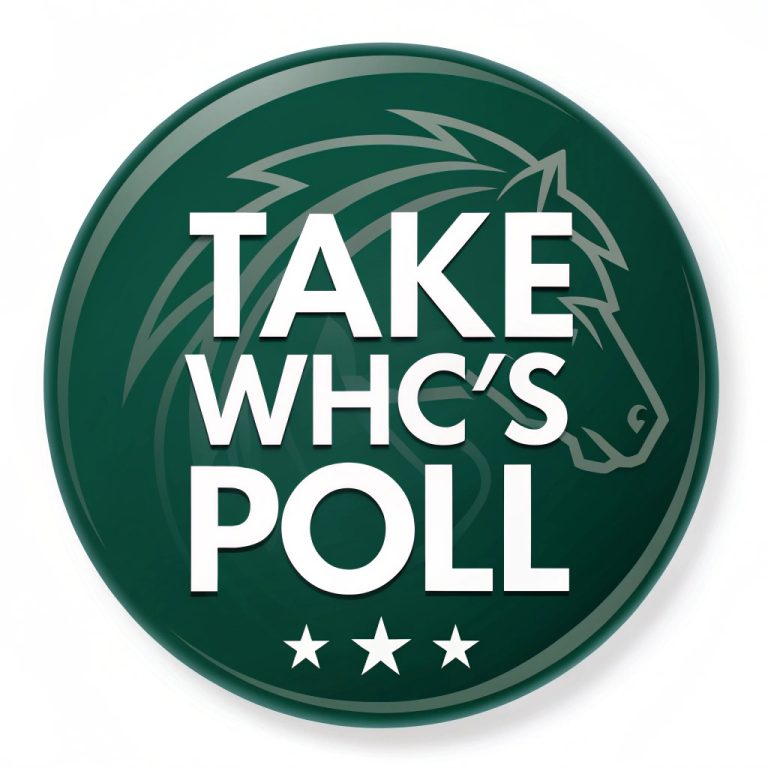USDA Postpones Final Rule on Horse Protection Act: A Win for Fairness and Transparency in the Equine Industry
In a significant development for the equine community, the U.S. Department of Agriculture’s (USDA) Animal and Plant Health Inspection Service (APHIS) has announced the postponement of a final rule amending the Horse Protection Act (HPA). This decision has been met with praise from House Oversight and Government Reform Committee Chairman James Comer (R-Ky.), who has been a vocal advocate for ensuring fair and consistent enforcement of the HPA.
Chairman Comer released a statement on January 24, 2025, applauding USDA’s decision, calling it “a victory for horse breeders, owners, and trainers nationwide.” The move comes after a series of allegations and concerns over the USDA’s enforcement practices under the Biden Administration, which prompted an investigation by the Oversight Committee during the 118th Congress.
The Horse Protection Act, enacted in 1970, was designed to eliminate the cruel practice of soring—deliberately injuring horses’ legs or hooves to achieve an exaggerated gait in competitions. While the law aims to protect horses from harm, its implementation and enforcement have long been points of contention within the equine industry. Critics have raised concerns about arbitrary enforcement, lack of due process, and inconsistent application of regulations.
In 2024, these concerns came to a head when the Oversight Committee received allegations that the Assistant Director of USDA’s APHIS had issued new competition inspection requirements just hours before a horse show. This lack of notice left organizers and participants scrambling to comply, raising questions about USDA’s transparency and operational efficiency.
Chairman Comer responded by initiating an investigation into USDA’s enforcement practices. The Oversight Committee sought documents and information to better understand APHIS’s role in implementing the HPA. Additionally, Comer issued a subpoena to a key USDA official to probe deeper into allegations of arbitrary enforcement and retribution against horse trainers.
Despite repeated requests for information, the Biden Administration’s USDA provided only limited responses to the Oversight Committee’s inquiries. This lack of transparency further fueled concerns about the agency’s accountability and decision-making processes. Chairman Comer criticized USDA’s actions, stating that safeguarding the integrity of the HPA’s enforcement is critical for maintaining trust within the equine community.
In August 2024, Comer escalated his efforts by calling on the Office of Inspector General (OIG) to review USDA’s policies and practices related to HPA implementation. The Oversight Committee emphasized the importance of ensuring that enforcement is not only consistent but also conducted within the bounds of legal authority.
The recent postponement of the final rule marks a turning point in this ongoing debate. Chairman Comer has expressed optimism that this decision will provide an opportunity for new leadership under the incoming Trump Administration to revisit and potentially abolish the controversial rule. In a letter dated January 16, 2025, Comer urged the Trump-Vance Transition Team to prioritize reforming USDA’s approach to HPA enforcement.
The equine industry has welcomed this development as a chance to restore balance and fairness. Breeders, trainers, and owners have long advocated for regulations that protect horses without imposing undue burdens or creating an atmosphere of uncertainty. The postponement signals a willingness to address these concerns and work toward a more transparent regulatory framework.
As the Trump Administration prepares to take office, all eyes will be on USDA’s new leadership to see how they handle this contentious issue. Chairman Comer has made it clear that the Oversight Committee will continue monitoring USDA’s actions to ensure accountability and transparency.
The equine community remains hopeful that future regulations will strike a balance between protecting horses from harm and respecting the rights of breeders, trainers, and owners. The postponement of the final rule provides a valuable opportunity for stakeholders to collaborate on solutions that uphold both animal welfare and industry integrity.
The USDA’s decision to postpone its final rule on the Horse Protection Act represents a critical moment for the equine industry. By addressing concerns over arbitrary enforcement and lack of transparency, this action paves the way for meaningful reform. Chairman Comer’s steadfast commitment to oversight and fairness has been instrumental in bringing these issues to light.
As this story unfolds, it serves as a reminder of the importance of government accountability and stakeholder engagement in shaping policies that impact industries nationwide. For now, horse breeders, trainers, and owners can take solace in knowing that their voices are being heard—and that steps are being taken to ensure a fairer future for all involved in the equine community.










